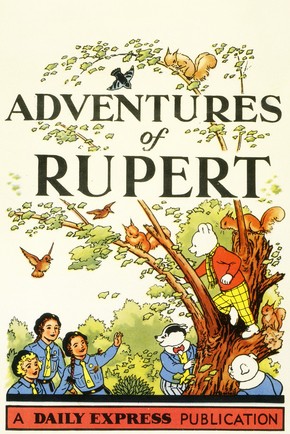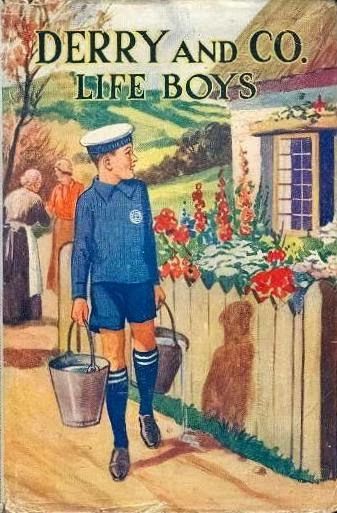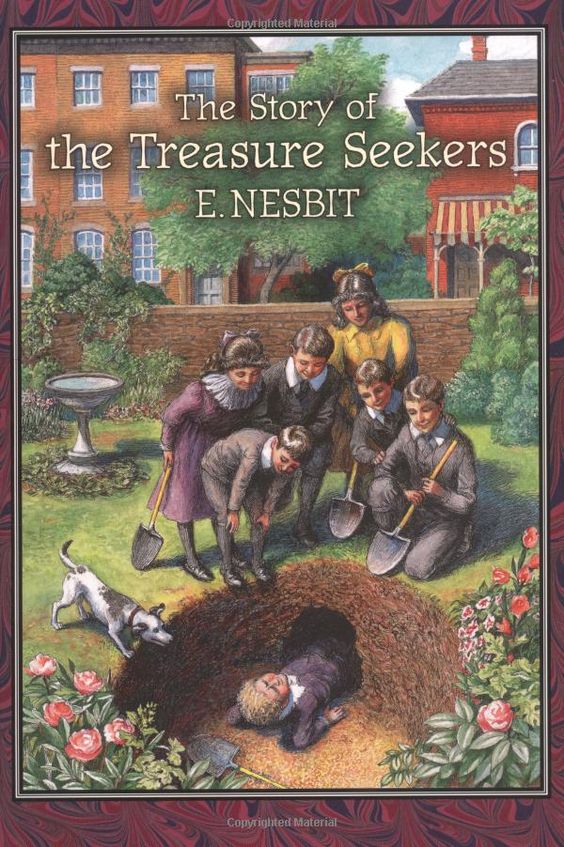|
|
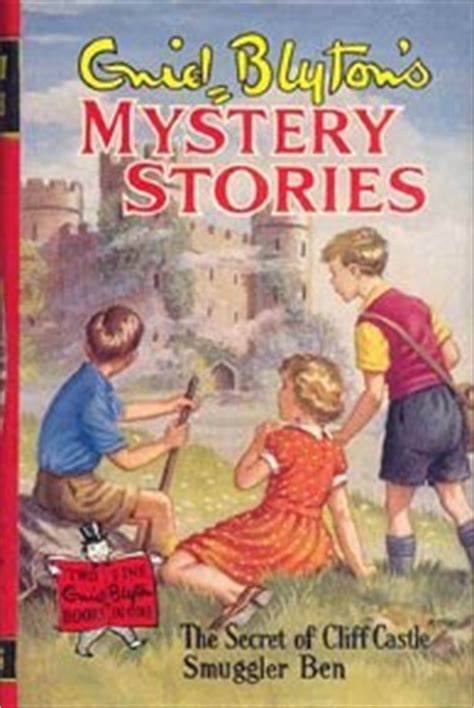 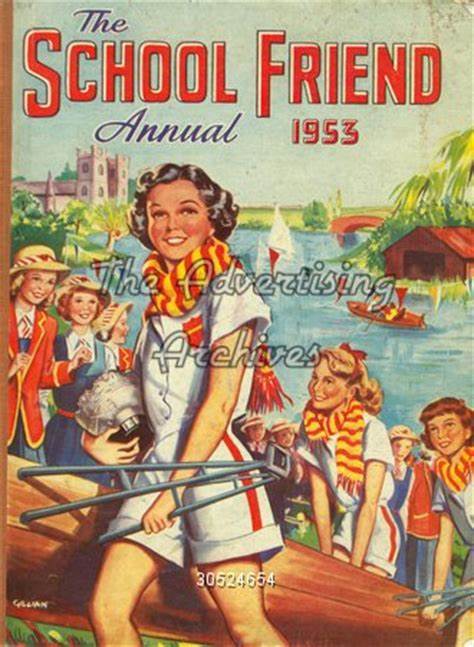 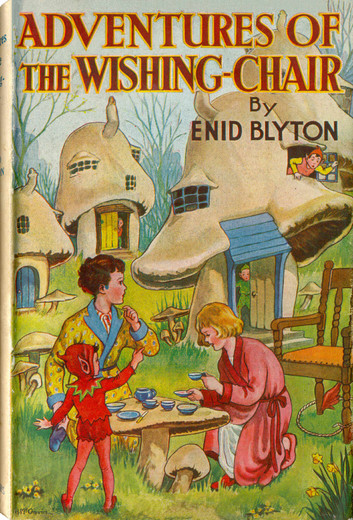 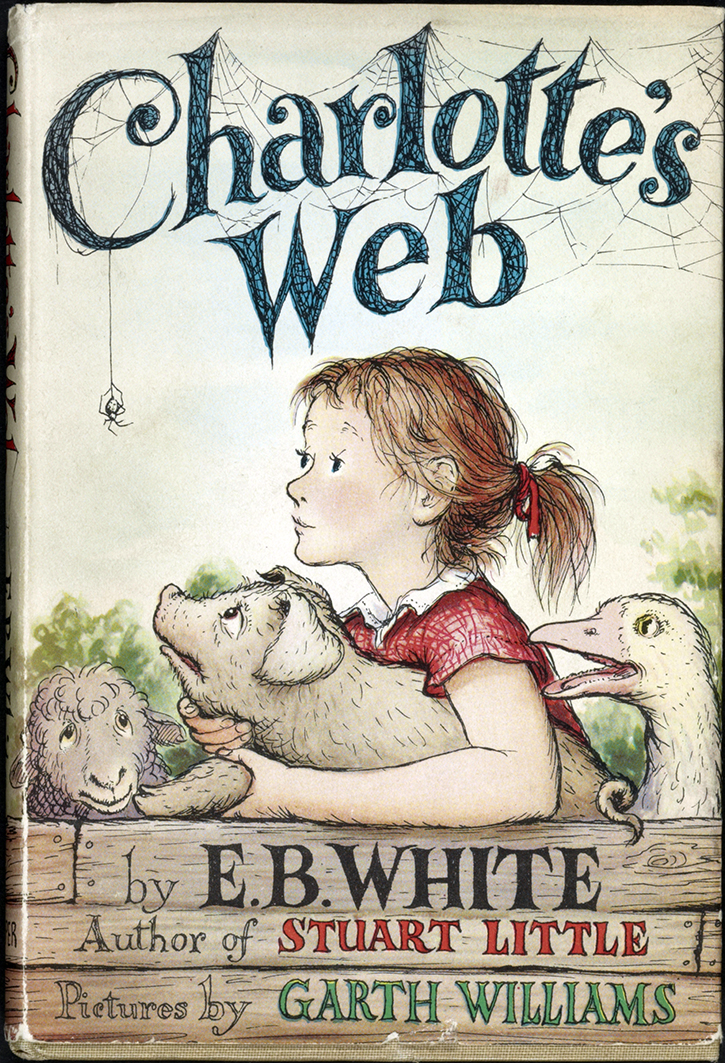 Previous "Growing Up" articles:
January 2022 The 1950s was the age of the baby boomers, of an end to rationing; it was the first decade of liberation after almost six years of the terror of war. It was an age of bicycles and tricycles, of home-made bows and arrows, of jam jars with string tied round for carrying our ill-gotten gains of newts and leeches from the stream, of long walks in the countryside, of climbing trees, of reading the huge number of children's comics that were available; of listening to the big radio in the front room, to Little Jimmy Clitheroe, Billy Cotton, Life with the Lyons, Hancock's Half Hour, Much Binding in the Marsh, Children's Favourites with Uncle Mac, Children's Hour after school, Mrs Dales's Diary, Listen With Mother, and Radio Luxembourg on a primitive transistor radio. It was the age of Enid Blyton, and Mabel Lucie Attwell, and Robert Louis Stevenson, of R M Ballantyne, of Robin Hood and King Arthur, of Buffalo Bill, Wild Bill Hickock and General Custer, and of treasure islands. Of homework followed by a family dinner, then a kick-about in the council playing fields with school friends, then home to bed and reading a favourite book until lights out... My earliest memory is of me at around six months old, standing up in my cot and screaming in terror as monkeys swarmed up the rope vines that adorned the bedroom wall. I was reliably informed, by my Mum, before she passed away, that the wallpaper in their bedroom at number 72 Boverton Drive, in Brockworth village, Gloucestershire, included a horizontal frieze depicting zoo animans, some of which were indeed monkeys, and that this screaming fit coincided with me having whooping cough, a serious illness that almost did for me back in 1947. Other than that memory, and one of me sitting in a tin bath on the lawn in the side garden, probably a couple of months further on, I have very little memory of the late 1940s, the decade in which I was born except for being allowed to play with local children a little older than me. Having said that, the 1950s were absolutely identical in almost every way to the 1940s except that midway through the 1950s, rationing finally came to an end, and one could say that the war was finally over. I do remember being taken to the Bear Gardens Clinic in Gloucester, some kind of children's health centre, where I was taught, for some obscure reason, to pick up pencils with my toes. To this day I don't know if I have flat feet, or fallen arches, and wouldn't know what either of these afflictions entailed, I only know I went to have some corrective exercises which, whatever they were for, apparently worked. This would have been when I was around three or four years old. I also remember many times going into the city on the bus with Mum and feeling very, very sick, which meant that we would have to get off the bus in Barnwood, around two miles from the city centre, whilst I calmed down, and then we probably went home. Another bus journey I remember well in 1951, when I was just four and a half years old, was the one to the one-class, one-teacher Shurdington Village School. This was just before the opening of the New County Primary School in Brockworth, which I attended until I passed the 11+ exam at the age of ten and graduated to the Crypt Grammar School in Tuffley, Gloucester. 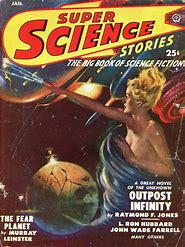 Brockworth
village grew up on the back of the Gloucester Aircraft Company, which,
although many websites claim was situated in Hucclecote, the next
village along Ermin Street on the way to Gloucester City, was actually
situated in Brockworth. The main entrance was in Brockworth, and there
were a couple of miles of open fields and houses before you got to
Hucclecote, although the grounds of the Gloucester Aircraft Company ran
along the back of these houses and did indeed join Hucclecote to
Brockworth. In 1950, the first year I really remember anything of any
significance, Gloucester Aircraft Company was making the Gloucester
Javelin, and every morning at around ten o'clock, the air raid siren
would sound - a chilling sound it was too - and they would test the
Javelin's engines, which were absolutely deafening. The Gloster Javelin
was a pioneering jet-propelled fighter aircraft that at the time was a
world beater, and it made me very proud to think that it was being
built in my village. I don't recall ever seeing a Javelin in the skies
above Brockworth, and I don't believe they even had a runway, but then
aircraft in the skies were few and far between in those days, and I
don't really recall seeing that many over Brockworth in my fifteen
years there. Brockworth
village grew up on the back of the Gloucester Aircraft Company, which,
although many websites claim was situated in Hucclecote, the next
village along Ermin Street on the way to Gloucester City, was actually
situated in Brockworth. The main entrance was in Brockworth, and there
were a couple of miles of open fields and houses before you got to
Hucclecote, although the grounds of the Gloucester Aircraft Company ran
along the back of these houses and did indeed join Hucclecote to
Brockworth. In 1950, the first year I really remember anything of any
significance, Gloucester Aircraft Company was making the Gloucester
Javelin, and every morning at around ten o'clock, the air raid siren
would sound - a chilling sound it was too - and they would test the
Javelin's engines, which were absolutely deafening. The Gloster Javelin
was a pioneering jet-propelled fighter aircraft that at the time was a
world beater, and it made me very proud to think that it was being
built in my village. I don't recall ever seeing a Javelin in the skies
above Brockworth, and I don't believe they even had a runway, but then
aircraft in the skies were few and far between in those days, and I
don't really recall seeing that many over Brockworth in my fifteen
years there. I was more into cars, anyway, and had a little pocket notebook into which I would write the number plate details of every car I saw in the village, which wasn't very many at all. The reason for this remains unclear. A notebook with car number plates - it wasn't like stamp collecting, was it? My Uncle Ernie had a car, a Standard 8, in which he drove around the villages collecting insurance money. We didn't have a car until 1960, when Dad brought home a 1936 Morris 8 Tourer which he painstakingly stripped down and rebuilt over a couple of months. I'll tell you more about this car when we get to the Sixties... My Uncle Ed, Dad's brother, always had a car - the one I remember most vividly was his three-wheeled MG, which I hated. Cars should always have four wheels. Occasionally he would turn up on a motorbike. He was flamboyant and daredevil in a way I really admired, but he was also reckless, and thought nothing of driving around under the influence of drink, which always troubled me. But then he lived to the ripe old age of 83. He always dragged my Dad away from the house to go down the road to one of the two pubs in Ermin Street, the one at the top of the road where you went to Cheltenham, the Coach and Horses, the other actually down in Hucclecote, which was the Pine Trees; and they always came back after closing time, the worse for wear. My Mum turned a blind eye. She worshipped Dad, he could do no wrong. To the best of my knowledge he never cheated on her, although it was rumoured that that was why we suddenly left Brockworth in 1963, but neither my sister Jean nor I ever really knew the real reason. It could have been that - Dad went off to work every day to catch a works bus that took him to the Forest of Dean, where J Arthur Rank had his Xerox machine factory, and where Dad was Chief Tool Engineer. 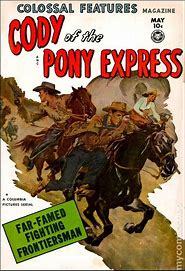 This
was a very good job, and although we were never what you might call
rich, we never went without, even though some things were purchased on
credit, such as the radiogram and the brand new cylinder Hoover vacuum
cleaner, and my bicycle and first guitar, of which more in another
issue of Books Monthly. My Mum was the seventh and youngest child of
Florence and Henry William Kimber. My Gran was my only grandparent,
Henry William Kimber having died in 1943, before I was born. On my
Dad's side, his Dad, Arthur Robert Norman, joined up in 1915 and was
killed at the Battle of the Somme in August 1916. His wife, Emily Kemp,
died in 1929. So three of my grandparents died before I was born. I
should like to take a moment here to pause and reflect on the
importance of asking your parents and grandparents about their family
history, because when they're dead, it's obviously too late. When Mum
died in 2002, I inherited a huge box of family photographs, some from
the very early days of photography, and I don't have a clue as to who
many of them are. It was only when we started to research our family
trees that we discovered things about our families that no one ever
talked about. I always knew that Emily Kemp, my paternal grandmother,
had re-married after Granddad Arthur Robert Norman was killed in the
Great War. This
was a very good job, and although we were never what you might call
rich, we never went without, even though some things were purchased on
credit, such as the radiogram and the brand new cylinder Hoover vacuum
cleaner, and my bicycle and first guitar, of which more in another
issue of Books Monthly. My Mum was the seventh and youngest child of
Florence and Henry William Kimber. My Gran was my only grandparent,
Henry William Kimber having died in 1943, before I was born. On my
Dad's side, his Dad, Arthur Robert Norman, joined up in 1915 and was
killed at the Battle of the Somme in August 1916. His wife, Emily Kemp,
died in 1929. So three of my grandparents died before I was born. I
should like to take a moment here to pause and reflect on the
importance of asking your parents and grandparents about their family
history, because when they're dead, it's obviously too late. When Mum
died in 2002, I inherited a huge box of family photographs, some from
the very early days of photography, and I don't have a clue as to who
many of them are. It was only when we started to research our family
trees that we discovered things about our families that no one ever
talked about. I always knew that Emily Kemp, my paternal grandmother,
had re-married after Granddad Arthur Robert Norman was killed in the
Great War.She married a man called Matthews, and he was the father of Dad's brother, my Uncle Ed, the one with the three-wheeled MG. Although I didn't know why, I always knew that she had abandoned her four children by Arthur Robert Norman when she re-married - my Aunty Florrie, Aunty Ivy, Aunty Doris and my Dad were brought up by Arthur Robert Norman's brother, Leopold Septimus Norman, and his wife, Aunt Maggie. We visited them often, firstly in Hornchurch, where the rest of the Normans now resided, and later in Lyme Regis, and they occasionally came to visit us and stay with us in Brockworth. They were always very kind to me, always gave me two half-crowns, which was a huge amount of money in the 1950s, and which I put to good use by buying books to add to my growing collection. They would stay for a couple of weeks, and always had family memories to share with Dad. We never heard Dad speak about his mother, Emily Kemp; even when Uncle Leo told Dad he had been to a seance and had been in touch with his Mum, Emily Kemp, he didn't want to know. There was some bad feeling there all right. I doubt he would have told me anything about her had I asked, but at least I should have asked him about my missing grandmother. Mum and Dad married in 1939. 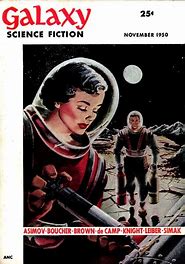 As
I said, Mum came from a large family, one sister and five brothers, and
her eldest brother, my Uncle Bill, was the first to discover the
village of Brockworth, because the entire family, both branches of it,
were all Londoners. Dad was an Eastender, a genuine cockney. Mum was
born in Camberwell. Dad met my Uncle John and they became best friends,
and that's how he met Mum. I know for a fact that they married in
London, though I don't know which church it was. But by the closing
months of 1939, Uncle Bill was renting a three-bedroomed villa in Court
Road Brockworth, Mum and Dad were renting rooms above Mr Ellis's
general store at the western end of Boverton Drive in Brockworth, and
my Gran was renting a similar house to Uncle Bill's in Boverton Avenue,
which ran parallel to Boverton Drive. Uncle Ernie and Uncle John lilved
with Gran, both of them confirmed bachelors. Uncle Leslie rented a
house in Hucclecote, and Mum's final brother, Albert, died at the age
of two in 1916. Across the road from Gran lived Great Uncle Ernie
Kimber and his wife Grace, a horrid woman that no one liked. She didn't
like any of us, really. So, in 1939, the entire Kimber family (and my
Dad) were living in rural Gloucestershire. My sister Jean was born in
1941 in the rooms above Mr Ellis's store, so Mum and Dad must have
moved to the three-bedroomed villa that became our home until 1963 in
Boverton Drive after that, and I was born there in 1946, delivered by
District Nurse Doyle, who said I must be a German baby because of my
square head. The rest of the decade passed without incident (for me)
and in 1950 I started to make the memories I can now look back on with
complete fondness. Many people who write about the 1950s and 1960s come
from poor families and write about deprivation and hardships, outside
toilets and sharing rooms. As
I said, Mum came from a large family, one sister and five brothers, and
her eldest brother, my Uncle Bill, was the first to discover the
village of Brockworth, because the entire family, both branches of it,
were all Londoners. Dad was an Eastender, a genuine cockney. Mum was
born in Camberwell. Dad met my Uncle John and they became best friends,
and that's how he met Mum. I know for a fact that they married in
London, though I don't know which church it was. But by the closing
months of 1939, Uncle Bill was renting a three-bedroomed villa in Court
Road Brockworth, Mum and Dad were renting rooms above Mr Ellis's
general store at the western end of Boverton Drive in Brockworth, and
my Gran was renting a similar house to Uncle Bill's in Boverton Avenue,
which ran parallel to Boverton Drive. Uncle Ernie and Uncle John lilved
with Gran, both of them confirmed bachelors. Uncle Leslie rented a
house in Hucclecote, and Mum's final brother, Albert, died at the age
of two in 1916. Across the road from Gran lived Great Uncle Ernie
Kimber and his wife Grace, a horrid woman that no one liked. She didn't
like any of us, really. So, in 1939, the entire Kimber family (and my
Dad) were living in rural Gloucestershire. My sister Jean was born in
1941 in the rooms above Mr Ellis's store, so Mum and Dad must have
moved to the three-bedroomed villa that became our home until 1963 in
Boverton Drive after that, and I was born there in 1946, delivered by
District Nurse Doyle, who said I must be a German baby because of my
square head. The rest of the decade passed without incident (for me)
and in 1950 I started to make the memories I can now look back on with
complete fondness. Many people who write about the 1950s and 1960s come
from poor families and write about deprivation and hardships, outside
toilets and sharing rooms.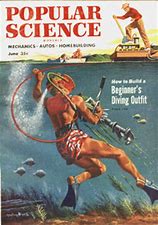 I
was brought up in comparative luxury and I can only describe that
bringing up as privileged. Not in the sense that we were upper class or
anything. I think Dad would have described us as middle class, but in
reality, we were proper working class. He was a white collar worker in
a junior management position. He took the Daily Telegraph every day and
he always voted conservative, unlike the Kimber clan, who were working
class through and through, who voted Labour without fail, and who had
the headquarters of the local Labour party in their dining room every
week. It was a bone of some contention between the two families, but
Dad was stubborn, and considered himself, as I said, to be middle
class. The rest of us knew better. I hated the Daily Telegraph for a
variety of reasons. Firstly, there were no cartoons - or if there were,
they were rubbish, compared with the Daily Mirror, which had Garth, Any
Capp, the Perishers, and Jane, that scantily clad young lady whose
cartoon strip I was forbidden to read, but which Gran and Uncles John
and Ernie let me read anyway. Secondly, the sheer size of it. When I
was eleven years old, I took on a paper round, of which more later, and
those Telegraphs and Times were so bloody heavy, especially when it
came to the Sunday rounds! So, there I was, sitting on the floor in
front of the radio, listening to Listen With Mother, reading my comic,
probably Jack and Jill, early in 1950, in a comfortable, modern three
bedroom house with my own bedroom and a comparatively privileged life
to look forward to. If I turned my head to the left, to the bay window,
I could see Cheeseroll Hill in the distance, a hill that was already
famous all over the country, and which would figure large in my life
until we left Brockworth forever in 1963. I
was brought up in comparative luxury and I can only describe that
bringing up as privileged. Not in the sense that we were upper class or
anything. I think Dad would have described us as middle class, but in
reality, we were proper working class. He was a white collar worker in
a junior management position. He took the Daily Telegraph every day and
he always voted conservative, unlike the Kimber clan, who were working
class through and through, who voted Labour without fail, and who had
the headquarters of the local Labour party in their dining room every
week. It was a bone of some contention between the two families, but
Dad was stubborn, and considered himself, as I said, to be middle
class. The rest of us knew better. I hated the Daily Telegraph for a
variety of reasons. Firstly, there were no cartoons - or if there were,
they were rubbish, compared with the Daily Mirror, which had Garth, Any
Capp, the Perishers, and Jane, that scantily clad young lady whose
cartoon strip I was forbidden to read, but which Gran and Uncles John
and Ernie let me read anyway. Secondly, the sheer size of it. When I
was eleven years old, I took on a paper round, of which more later, and
those Telegraphs and Times were so bloody heavy, especially when it
came to the Sunday rounds! So, there I was, sitting on the floor in
front of the radio, listening to Listen With Mother, reading my comic,
probably Jack and Jill, early in 1950, in a comfortable, modern three
bedroom house with my own bedroom and a comparatively privileged life
to look forward to. If I turned my head to the left, to the bay window,
I could see Cheeseroll Hill in the distance, a hill that was already
famous all over the country, and which would figure large in my life
until we left Brockworth forever in 1963.I loved Listen With Mother. Radio was everything - it provided 99% of the music in my life until I was old enough to appreciate the 78rpm shellac discs I inherited from Great Uncle Ernie and later from Uncles John and Ernie. The radio provided singular entertainment in the form of stories, and as we didn't have a television - in fact we never had a television in Brockworth - it was a form of entertainment for the whole family for the first fifteen years of my life. Which brings me back to the start of this nostalgic journey - what was it really like to grow up in the 1950s and 1960s? The answer is, for me, idyllic. I had my radio programmes, I had my growing library of books, I had my weekly comics (of which more in the next instalment in the December issue); I had open countryside just a few minutes down the road, I had my Meccano and my Dinky, Corgi and Matchbox toys, I had toy soldiers, one of which I pretended was Tarzan of the Apes, I had my teddy bear, and I had a loving family. I enjoyed very good health except that I was prone to bouts of bronchitis, but apart from that, I was in extraordinarily rude health. And with that, I shall stop for now and carry on in the next issue of Books Monthly. The small print: Books Monthly, now well into its 24th year on the web, is published on or slightly before the first day of each month by Paul Norman. You can contact me here. If you wish to submit something for publication in the magazine, let me remind you there is no payment as I don't make any money from this publication. If you want to send me something to review, contact me via email at paulenorman1@gmail.com and I'll let you know where to send it.
|
|
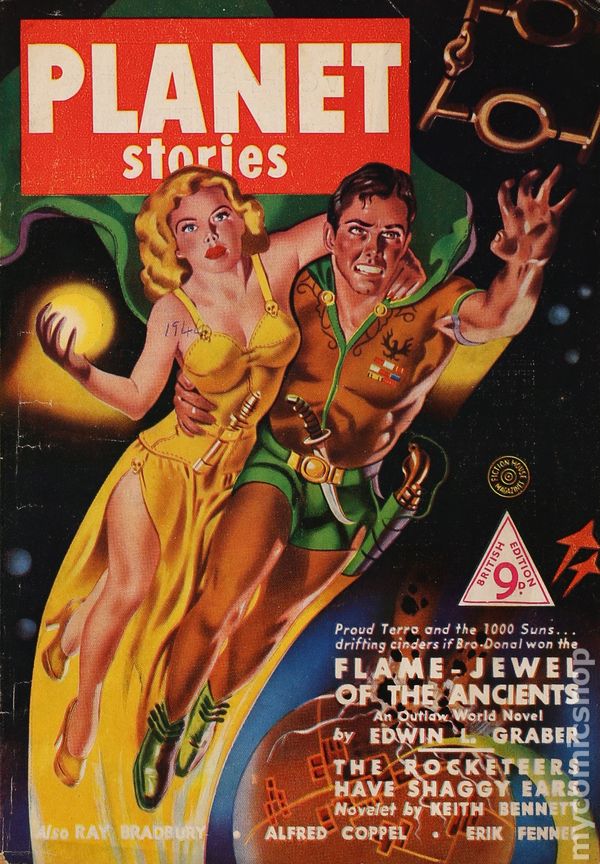
,
|
